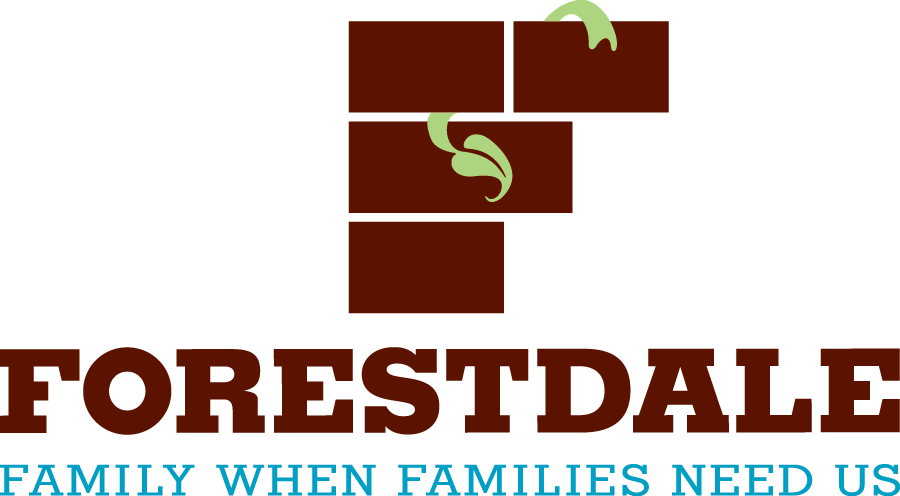Healing Generational Trauma Begins with Healthy Young Minds
William Weisberg, Ph.D., Executive Director, Forestdale Inc.
One’s ability to successfully process a past trauma, understand the experience, and protect oneself from more adversity is the crux of how one recovers from what occurred and begins to trust, engage, and thrive again – ultimately, dismantling the potential for intergenerational trauma. Intergenerational trauma is the idea that descendants of a person who has had a threatening experience may show the adverse emotional and behavioral response to the experience, similar to those of the ancestor who experienced the event.[1] Disrupting the effects of trauma effectively occurs with guidance from trained professionals who understand human cognition and emotion.
We, at Forestdale, Inc. provide services to children and families that disrupt and dismantle intergenerational trauma, as well as the cycle of events and behaviors that create adversity in the life of a child and family; ultimately, providing supports that lead to social, emotional, and economic stability and advancement for families who are child welfare system-involved and beyond.
The mental and emotional well-being of infants and toddlers (ages 0-5) hinges on a number of variables. Genetics play a significant role, as do prenatal and postnatal care. Children vulnerable to the effects of intergenerational trauma have an opportunity to disrupt those adverse effects with dyadic therapy – a form of intervention involving a parent and child with a primary objective to support healthy relational attachment, which results in long-term security, self-esteem, and adaptive behaviors for the child.
One in four children, ages 3-5, are estimated to struggle with psychosocial stress. Yet, interventions for emotional health are often postponed until older ages due to limited relevant interventions and the dearth of clinicians with qualified training for psychotherapeutic approaches for young children.
Forestdale, Inc. is expanding mental health services for children, ages 0-5, with plans to provide evidence-based dyadic therapies for young children. These therapies are rooted in attachment theory – which supports the idea that young children need a healthy relationship with their caregivers to thrive emotionally. The objective of these therapies is to strengthen the child-caregiver bond. [2]
Given that dyadic developmental psychotherapy is still relatively new as a practice – formed in the 1980’s - there is more to learn concerning the most effective interventions for specific diagnoses. Therefore, offering a few key evidence-based dyadic interventions - developed in the past 30-40 years by esteemed experts in child development - positions providers well to best service the needs of children, families, and communities.
As we, at Forestdale, expand upon our dyadic work with children and their caregivers, we look forward to further contributing to the evidence that these interventions offer life-altering results for families – securing attachment, promoting nurturance, enhancing a child’s sense of security and self-esteem. We consider ourselves privileged to be part of such important work for the betterment of children, families, and communities.
[1] American Psychological Association
[2] https://www.frontiersin.org/articles/10.3389/fpsyt.2019.00677/full
